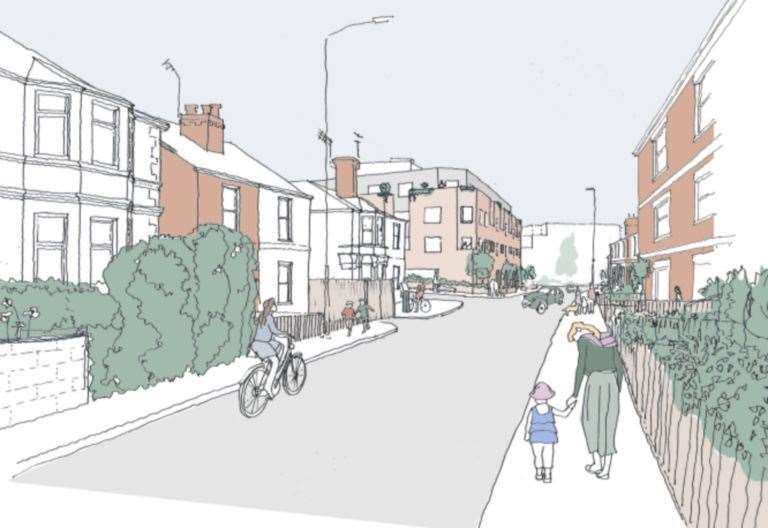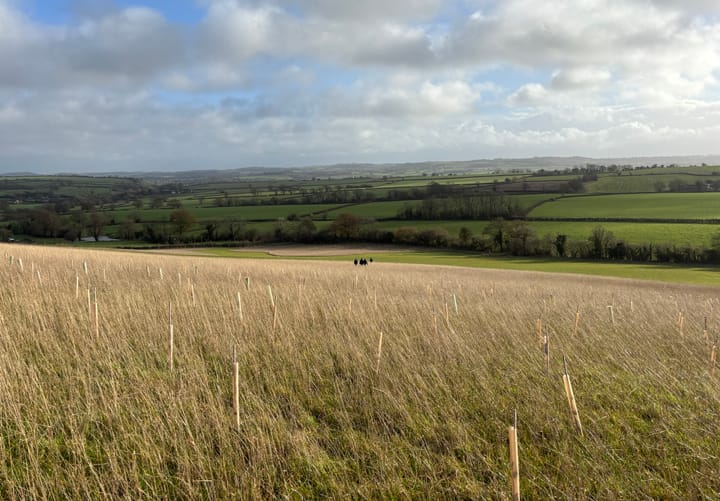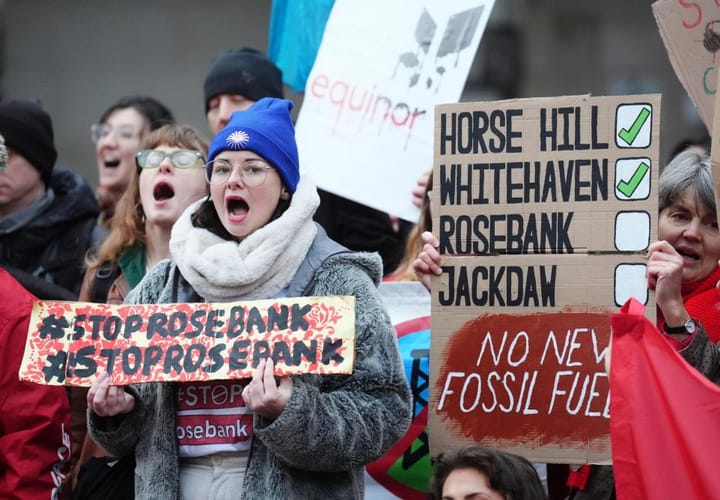Navigating the Nuances of Development: Beyond NIMBY and YIMBY
Reducing every discussion down to NIMBY/YIMBY ignores that fact that every single project has its own particular cost/benefit analysis and environmental impact assessment.

In the realm of planning and development, discussions often get distilled into simplistic binaries: NIMBY (Not In My Backyard) versus YIMBY (Yes In My Backyard). However, reducing every development debate to these labels overlooks the nuanced reality of each project's unique impacts and benefits.
Every development proposal warrants a thorough cost/benefit analysis and environmental impact assessment. Some projects bring clear advantages to communities, others present acceptable tradeoffs, and others are just patently shit ideas.
For example, protesting against housing construction on a Site of Nature Conservation Interest (SNCI) or other sensitive habitat is unequivocally the right thing to do. Preserving such areas is crucial for biodiversity and ecological balance. On the flip side, opposing the construction of apartments on the site of an old car showroom is a solid example of self-servigin NIMBYism, as these people are quoted as being specifically concerned about their ability to park their cars.

It's crucial to approach each project individually. What location is being considered? What are the potential losses and gains? Is the proposed development worth the impact it might have, and what variables are we considering when we think about this?
Supporting every single development project is deranged, but so is being against everything. The only way we can solve the climate crisis is by building clean energy, and the only way we can solve housing is by building more affordable housing, but we cannot just shove anything anywhere. Being for everything is as deranged as being against everyting.
These binary approaches ignore the reason that planning and Environmental Impact Assessments (EIA) exist. They are designed to weigh these exact considerations, but the NIMBY vs YIMBY debate ignores all of that and suggests that you need to be entirely for or against everything.
Then, there are the BANANAs—those who advocate for "Build Absolutely Nothing Anywhere Near Anything." While this sentiment may stem from a desire to preserve green spaces or mitigate environmental impact, it hinders necessary progress towards cleaner energy and sustainable urban development. Striking a balance between preservation and development is key.
Even within environmental advocacy circles, opinions get strewn across all sides of the debate. The Green Party in particular have a rough time with certain members and MPs going against amazingly useful projects like HS2, East West Rail, solar farms, or housing initiatives. Thankfully this is not all of them, but its enough that right-wing media are starting to attack the party as NIMBYs, because they cannot get a party line going about when and where to oppose projects, making it seem like they oppose all projects.
We’re going into uncharted territory with the Labour and what seems like a BUILD BABY BUILD mentality especially with made up propaganda like the “greybelt”, so we need to work together on identifying which projects to protest and which are fine actually.

I care about this topic because on a daily basis I am called both a NIMBY and a YIMBY, becasue I support some projects and protest against others. For example every single RIS2/3 project should be canned immediately, because induced demand and increased car dependency is only going to worsen the climate crisis and ingrane transport poverty across the country.

That said, as somebody who dedicates all their time to habitat creation and ancient woodland restoration, I support HS2 being built in full for its potential emission reductions, despite recognizing its impact on habitats.

Anyone who is for every project is deranged, and a dangerous person to have in the public discourse.
Anyone who is against every project is deranged, and a dangerous person to have in the public discourse.
We need to learn how to valuate projects on their individual merits, and campaign for or against anything that could help or hinder the climate and bodiversity crises, regardles of how close they are to our back door.






Comments ()